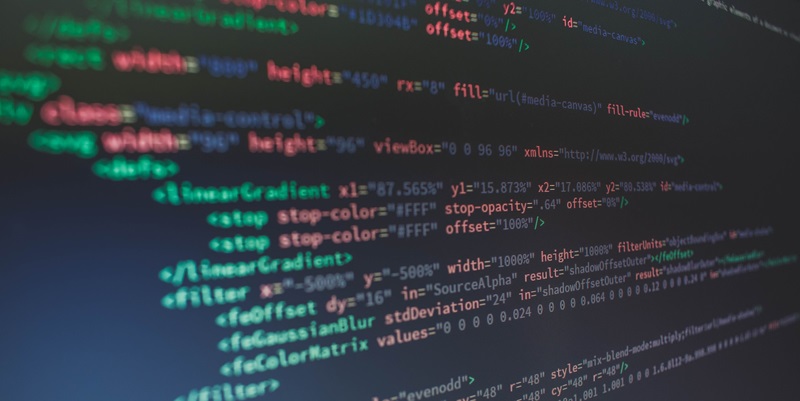The International Criminal Court (ICC) recently fell victim to a highly targeted cyber-espionage attack, revealing the vulnerabilities of international institutions. This article delves into the details of the attack, investigates possible motives and suspects, and explores the ICC’s response to this breach.
Details of the Cyber-Attack
The ICC disclosed that the September cyber-attack on its IT systems was not an ordinary breach but a calculated attempt at espionage. This revelation highlights the severity of the incident and its potential ramifications.
The evidence thus far suggests that the cyber attack was carried out with great sophistication, indicating the involvement of skilled and knowledgeable actors. The intricate nature of the attack signifies its well-planned objective of espionage.
It is clear that the perpetrators of this cyber espionage attack aimed to undermine the ICC’s mission to maintain international justice. The attack raises concerns about the court’s ability to operate freely and impartially.
Investigation and Suspects
At present, the ICC has not been able to definitively identify the source of the cyberattack. However, Dutch law enforcement agencies are conducting a thorough criminal investigation into the matter.
Given the ICC’s issuance of a global arrest warrant for Russian President Vladimir Putin earlier this year, the Russian state is a key suspect in this cybersecurity breach. While no direct evidence links Putin to the attack, this warrants further investigation.
Prosecutorial Cases and Potential Motives
Prosecutors are currently investigating 17 cases in Ukraine, Uganda, Venezuela, Afghanistan, and the Philippines. These cases involve sensitive matters related to human rights abuses and war crimes, making them potential motives for the cyber attack.
The possibility of a connection between the ongoing investigations and the cyber-attack cannot be overlooked. It raises questions about whether the attack aimed to sabotage these cases or obtain classified information related to them.
Response to the Cyber-Attack
In light of the breach, the ICC has taken immediate action to fortify its cybersecurity measures. The court is accelerating several initiatives designed to enhance its resilience to cyber threats and protect its valuable information.
The ICC has weathered numerous attempts to undermine its operations in recent times. Daily attacks aimed at disrupting systems and accessing sensitive data underscore the need for robust cybersecurity defenses.
Other Security Incidents
In a separate incident, the court successfully thwarted a near-successful scheme to infiltrate an intelligence officer into its ranks disguised as an intern. This incident highlights the continuous threats faced by the ICC and the importance of vigilance against sinister intentions.
To address the growing cybersecurity challenges, the ICC has recognized the need to enhance its risk management framework and improve incident response processes. These steps are crucial in ensuring the court’s resilience against future threats.
The targeted cyber-espionage attack on the International Criminal Court is a grave reminder of the vulnerabilities faced by international organizations. The investigation into the incident, along with ongoing prosecutorial cases, adds complexity to this breach, prompting the need for heightened security measures. As the ICC fortifies its cybersecurity initiatives, it stands firm in its commitment to deliver impartial justice despite these cyber-threats, safeguarding its mandate while assuring the global community of its determination to combat cyber-espionage.

